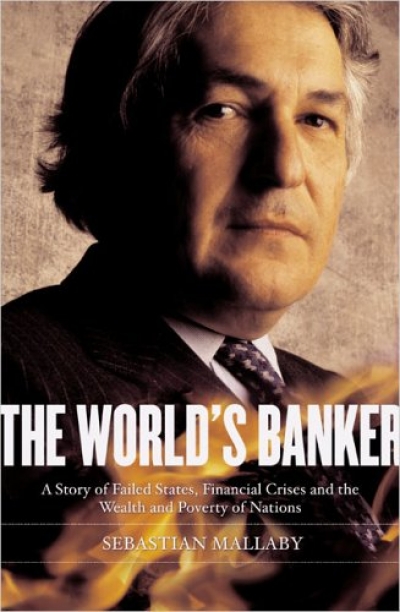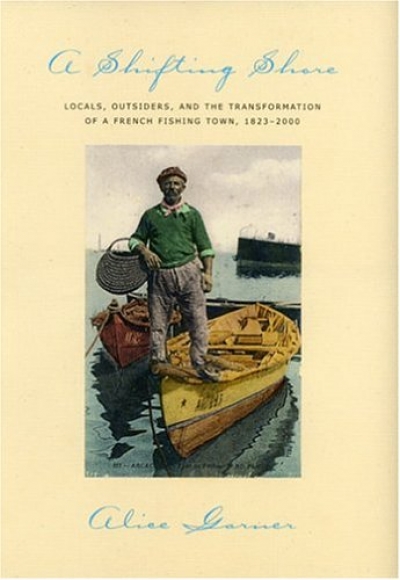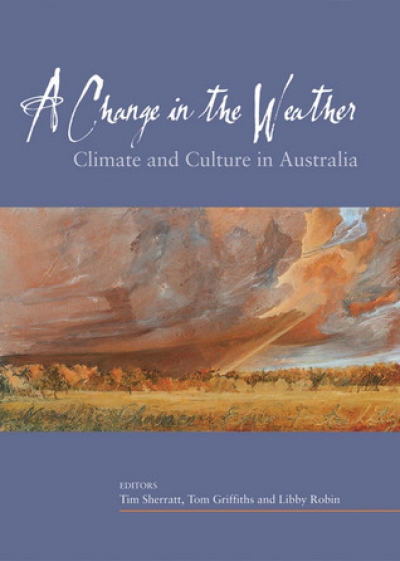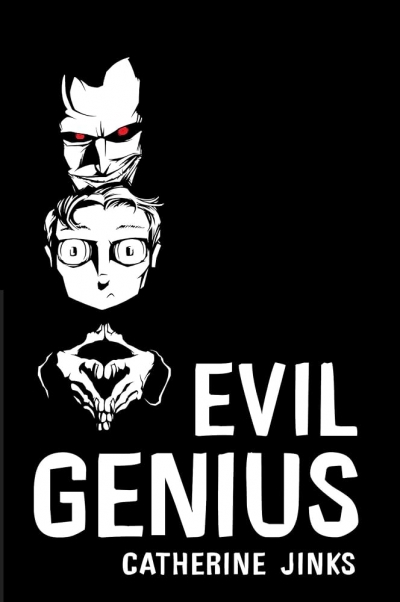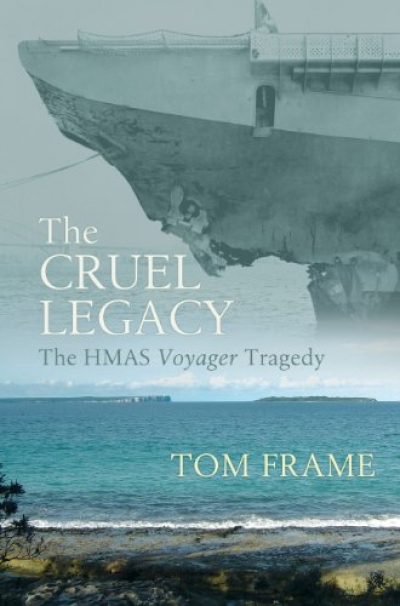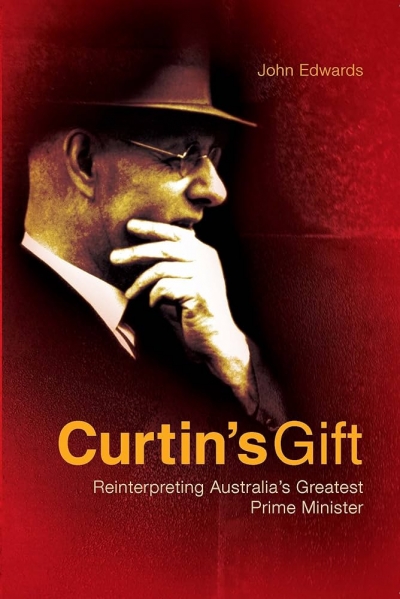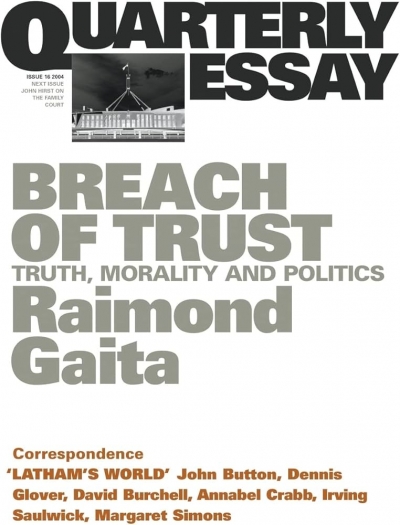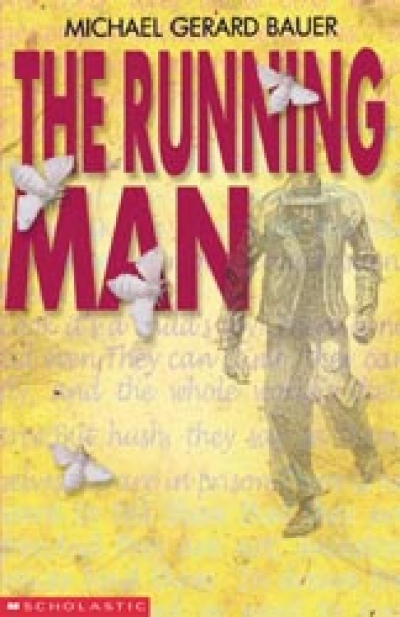Archive
With wings as black as night and breast as white as cloud, the sea eagle swooped from the sky. It snatched up the baby boy in front of his mother’s very eyes. She acted quickly. She grabbed a coconut shell and hurled it towards the bird. The baby dropped to the ground and landed unhurt on soft sand. But before she could reach it, the baby was gone, swept away by the tsunami. The eagle knew, you see. Like the elephants who had already left the coast, like the dogs that ran for high ground before anyone saw anything, the eagle knew that the big wave was coming. It had been trying to save the baby, and the woman had stopped it, and now her baby is dead.
... (read more)The World's Banker: A story of failed states, financial crises and the wealth and poverty of nations by Sebastian Mallaby
A Shifting Shore: Locals, outsiders, and the transformation of a French fishing town, 1823-2000 by Alice Garner
A Change in the Weather: Climate and culture in Australia edited by Tim Sherratt, Tom Griffiths and Libby Robin
Curtain's Gift: Reinterpreting Australia's greatest prime minister by John Edwards
Quarterly Essay 16: Breach of trust: truth, morality and politics by Raimond Gaita
ABR welcomes letters from our readers. Correspondents should note that letters may be edited. Letters and emails must reach us by the middle of the current month, and must include a telephone number for verification.
Barry Jones on the ODNB
Dear Editor,
I read Angus Trumble’s review of The Oxford Dictionary of National Biography (ABR, March 2005) with close interest and some envy. It was probably inevitable that he should concentrate on entries with Australian relationships. He comments that all deceased Australian prime ministers are there, except Scullin and Page. In fact, Fadden and Forde are also missing.
... (read more)
